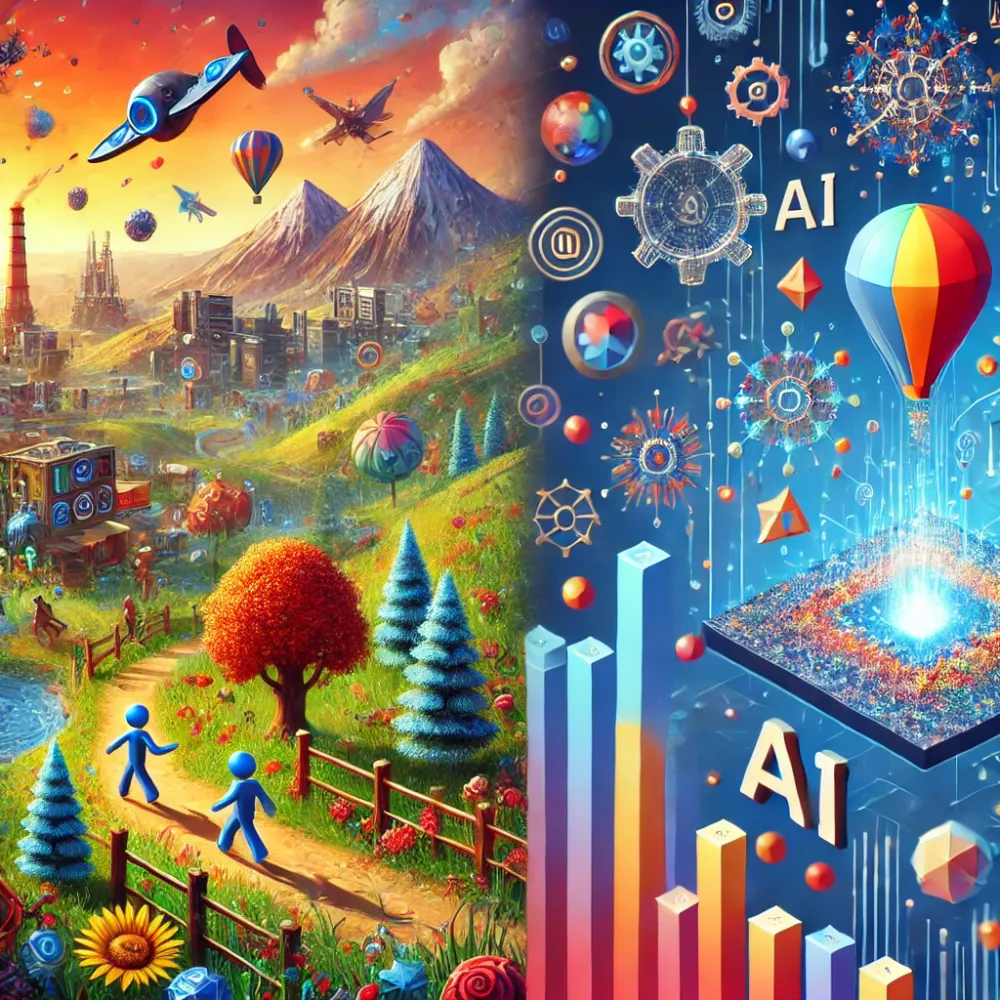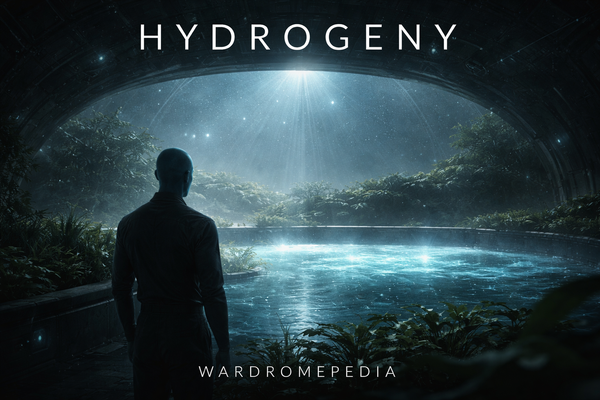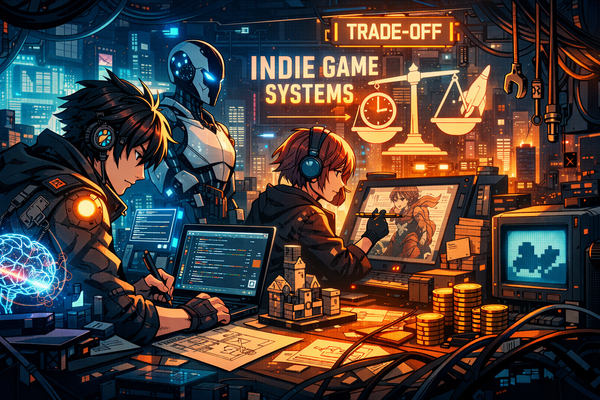How AI enhances indie game development: Creating dynamic game worlds
Artificial Intelligence (AI) has rapidly transformed indie game development, making it possible for smaller studios to create vast, dynamic game worlds that rival those of major studios. From procedural content generation to intelligent NPCs (non-playable characters), AI is enhancing gameplay in ways that were unimaginable just a few years ago. Here's how AI is playing a vital role in crafting more immersive and engaging experiences in indie games.
1. Procedural content generation
One of AI's most significant contributions is procedural content generation (PCG), which allows developers to create expansive, unique game environments automatically. With AI, game worlds can be generated on the fly, offering players new levels, quests, and landscapes with each playthrough. Indie developers benefit from this technology by saving time and resources while providing endless variety to players. Games like No Man’s Sky and Spelunky have famously leveraged procedural generation to create vast, ever-changing worlds(DigitalDefynd)(Whimsy Games).
2. Dynamic NPCs and realistic interactions
AI-powered NPCs are now more adaptive and lifelike than ever before. With the ability to learn from player interactions, NPCs can develop relationships, adapt their behaviors, and provide a personalized experience for every player. This AI-driven dynamism was notably demonstrated in games like Middle-Earth: Shadow of Mordor, where the Nemesis System allowed enemies to remember past encounters with the player and adapt accordingly(Game-Ace).
For indie developers, AI-enhanced NPCs can make game worlds feel more alive and responsive, leading to deeper engagement. By simulating complex human behavior, these NPCs create unique and evolving challenges that keep players invested.
3. AI-Driven adaptive gameplay
AI enables indie games to dynamically adjust the difficulty and gameplay based on individual player behavior. By analyzing player actions and patterns, AI can fine-tune game mechanics, making the experience more challenging or relaxing, depending on player preferences. This adaptive gameplay ensures that games remain engaging for players of all skill levels. Games like Left 4 Dead use AI to alter the pacing and difficulty based on how well the player is performing(iXie Gaming).
4. Enhanced game testing and debugging
Testing can be a labor-intensive process, but AI tools are revolutionizing game testing by automating bug detection and performance optimization. AI-driven tools can playtest games repeatedly, simulating various player behaviors to identify potential issues that might be missed by human testers. This not only speeds up the development process but also helps ensure a smoother player experience at launch.
5. Personalized storytelling and immersive narratives
AI is also shaping how narratives unfold in indie games. Through technologies like natural language processing and dynamic dialogue systems, AI can adjust a game's storyline based on the player's decisions, making each player's journey unique. By analyzing player choices and behaviors, AI-driven systems can tailor the narrative to create a deeper emotional connection, making storytelling more engaging and personalized.
AI is playing a transformative role in indie game development, empowering small teams to create dynamic, immersive game worlds that can adapt to each player's actions. From procedural generation to intelligent NPCs and adaptive gameplay, AI provides developers with the tools to push the boundaries of creativity and player engagement. As AI continues to evolve, the future of indie game development looks increasingly promising.




